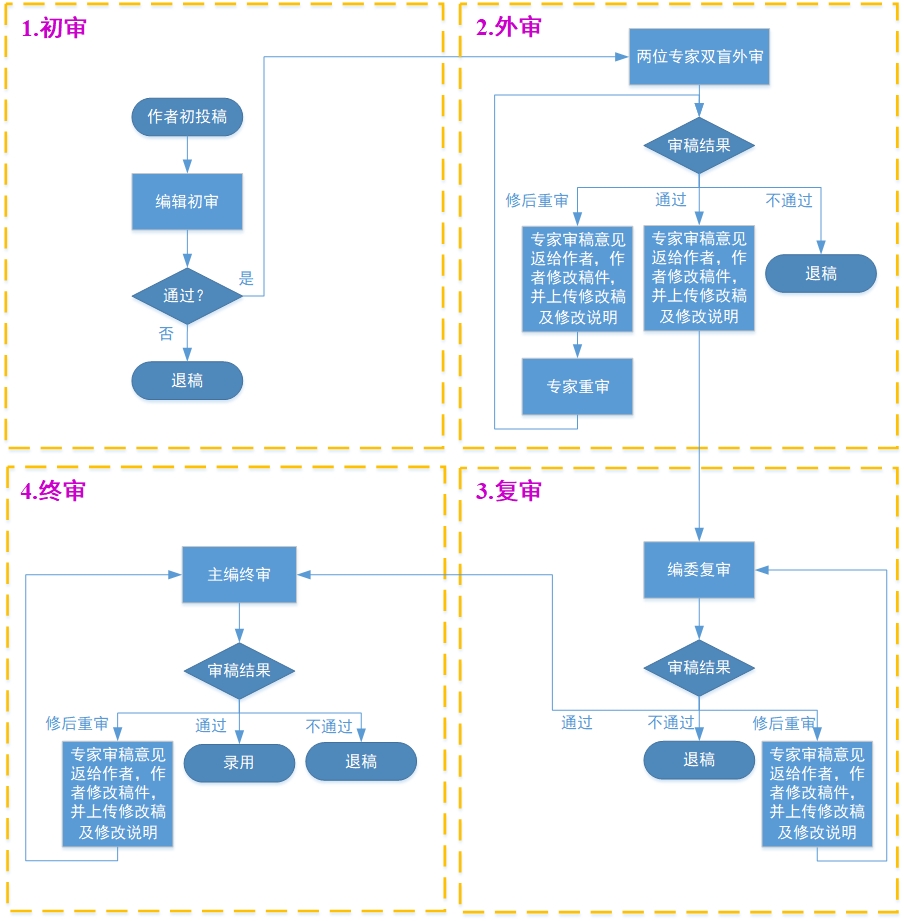将之前实现的顺序表、栈、队列都更改成模板类
#include <iostream>
#include <string.h>
using namespace std;
template <typename T>
class Stack {
private:
T* a;
int top;
int size1;
public:
Stack(int c) : a(new T[c]), top(-1), size1(c) {}
~Stack() { delete[] a; }
T front() const {
if (empty()) {
throw out_of_range("Stack is empty");
}
return a[top];
}
T back() const {
if (empty()) {
throw out_of_range("Stack is empty");
}
return a[0];
}
bool empty() const {
return top == -1;
}
int size() const {
return top + 1;
}
void push(const T& e) {
if (top == size1 - 1) {
throw overflow_error("Stack is full");
}
a[++top] = e;
}
void pop() {
if (empty()) {
throw underflow_error("Stack underflow");
}
--top;
}
void Swap(int n, int m) {
if (n < 1 || n > size() || m < 1 || m > size()) {
throw out_of_range("Invalid indices for swap");
}
swap(a[n-1], a[m-1]);
}
void print() const {
cout << "Stack: ";
for (int i = top; i >= 0; --i) {
cout << a[i] << " ";
}
cout << std::endl;
}
};
int main() {
try {
Stack<int> s1(15);
cout << "Is empty: " << (s1.empty() ? "Yes" : "No") << endl;
s1.push(5);
s1.push(2);
s1.push(9);
s1.push(1);
s1.print();
cout << "Size: " << s1.size() << endl;
cout << "Front: " << s1.front() << endl;
cout << "Back: " << s1.back() <<endl;
s1.pop();
cout << "After pop: ";
s1.print();
s1.Swap(1, 3);
cout << "After swap(1,3): ";
s1.print();
// 测试其他类型
Stack<string> s2(5);
s2.push("World");
s2.push("Hello");
s2.print();
}
catch (const exception& e) {
cerr << "Error: " << e.what() << endl;
}
return 0;
}

#include <iostream>
#include <string.h>
using namespace std;
template <typename T>
class Queue {
private:
T* a;
int cap;
int size1;
int front1;
int rear;
public:
Queue(int c) : a(new T[c]), cap(c), size1(0), front1(0), rear(-1) {}
~Queue() { delete[] a; }
T front() const {
if (empty()) {
throw out_of_range("Queue is empty");
}
return a[front1];
}
T back() const {
if (empty()) {
throw out_of_range("Queue is empty");
}
return a[rear];
}
bool empty() const {
return size1 == 0;
}
bool full() const {
return size1 == cap;
}
int size() const {
return size1;
}
void push(const T& e) {
if (full()) {
throw std::overflow_error("Queue is full");
}
rear = (rear + 1) % cap;
a[rear] = e;
size1++;
}
T pop() {
if (empty()) {
throw std::underflow_error("Queue is empty");
}
T e = a[front1];
front1 = (front1 + 1) % cap;
size1--;
return e;
}
void print() const {
if (empty()) {
cout << "Queue is empty" <<endl;
return;
}
cout << "Queue: ";
int count = 0;
int index = front1;
while (count < size1) {
cout << a[index] << " ";
index = (index + 1) % cap;
count++;
}
cout << endl;
}
};
int main() {
try {
Queue<int> q1(5);
cout << "Is empty: " << (q1.empty() ? "Yes" : "No") <<endl;
q1.push(5);
q1.push(2);
q1.push(9);
q1.push(1);
q1.print();
cout << "Size: " << q1.size() << endl;
cout << "Front: " << q1.front() << endl;
cout << "Back: " << q1.back() << endl;
q1.pop();
cout << "After pop: ";
q1.print();
// 测试其他类型
Queue<string> q2(3);
q2.push("Hello");
q2.push("World");
q2.print();
// 测试异常
q2.push("!");
try {
q2.push("Overflow");
} catch (const std::exception& e) {
cout << "Caught exception: " << e.what() << endl;
}
}
catch (const std::exception& e) {
cerr << "Error: " << e.what() << endl;
}
return 0;
}

手动将unique_ptr类功能实现出来
template <typename T,typename D=default_delete<T>>
class unique_ptr
{
private:
T * ptr;
public:
explicit unique_ptr(T*p=nullptr):ptr(p){}
~unique_ptr()noexcept{};
T& operator *()const{return *ptr;}
T* operator->()const{return ptr;}
unique_ptr(const unique_ptr &)=delete;
unique_ptr& operator=(const unique_ptr &)=delete;
unique_ptr(unique_ptr && other) noexcept:ptr(other.ptr)
{
other.ptr=nullptr;
}
unique_ptr& operator =(unique_ptr &&other)noexcept
{
if(this!=&other)
{
reset(other.ptr);
other.ptr=nullptr;
}
return *this;
}
T * get()const{return ptr;}
}


















